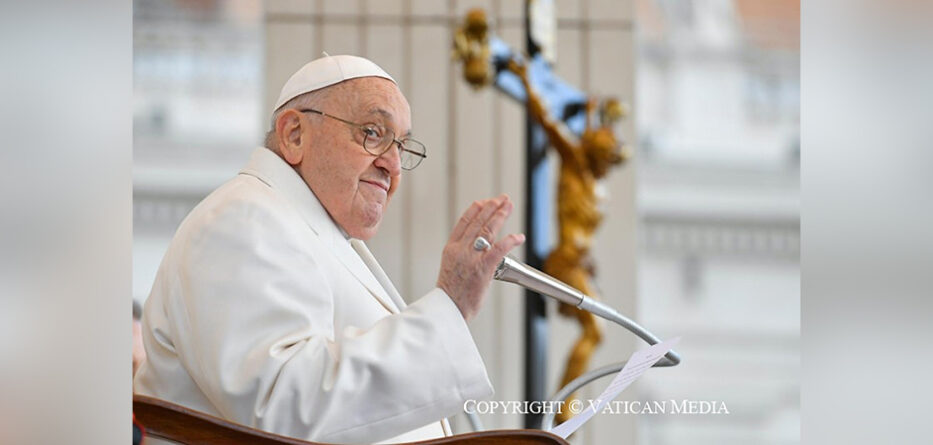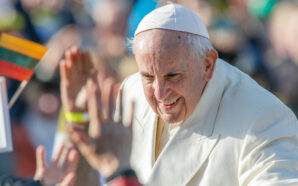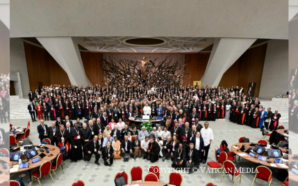A rhetorical dispute between the Church and the Israeli government shows the limits—and the possibilities—of the Pope’s role in times of conflict.
Last week, the Vatican was overtaken by a controversy about the Israel-Hamas war—one that turned on two words. On February 13th, the Vatican’s secretary of state, Cardinal Pietro Parolin, trailed by reporters as he left an event in Rome, spoke about Israel’s military strikes on Gaza. “Israel’s right of self-defense, which has been invoked to justify this operation, must be proportional, and with thirty thousand dead it certainly isn’t,” he said. Israel’s Embassy to the Holy See soon issued a statement, in Italian, calling Parolin’s remark about a “proportional” response “deplorevole,” or “deplorable.” The use of that word, as the theologian Massimo Faggioli noted on X, evoked the Vatican’s landmark 1965 declaration that the Church “deplores” antisemitism in any form. Implicitly, Israel was faulting a church leader for antisemitism, and doing so in the Church’s own terms.
It was the latest episode in a running drama over the Vatican’s position on the war. The day after the October 7th attack on Israel, in which Hamas and allied militants killed more than twelve hundred people and took two hundred and forty hostages, Pope Francis addressed the horror in general terms, saying, “Let the attacks and weapons cease, please, because it must be understood that terrorism and war do not lead to any resolutions, but only to the death and suffering of many innocent people.” The next Wednesday, at his weekly general audience in St. Peter’s Square, he affirmed “the right of those who are attacked to defend themselves,” and asked “that the hostages be released immediately.” Cardinal Parolin then called on Hamas to release the hostages, but cautioned that “in Israel’s legitimate defense, the lives of Palestinian civilians living in Gaza should not be endangered.” During the Sunday prayer service called the Angelus, on October 29th, Francis called for a ceasefire, saying, “Stop, brothers and sisters: war is always a defeat—always, always!”
A Pope commands no army, as Stalin is said to have pointed out. (“How many divisions has he got?”) He must make do with words, symbols, gestures, and rituals—the empire of signs that is the basis for both religion and diplomacy. The wars between Russia and Ukraine and between Hamas and Israel have made clear that the effects of a Pope’s words are limited, at best. And yet the rhetorical controversies surrounding those conflicts suggest a role, and a responsibility, for the Pope and other moral authorities—one that involves describing acts of war forthrightly while questioning their necessity and their scope.
Paul Elie is a senior fellow at Georgetown University. His forthcoming book, “Controversy,” is about religion and the arts in the nineteen-eighties.
To continue reading this article, click here.
With thanks to The New Yorker, where this article originally appeared.








